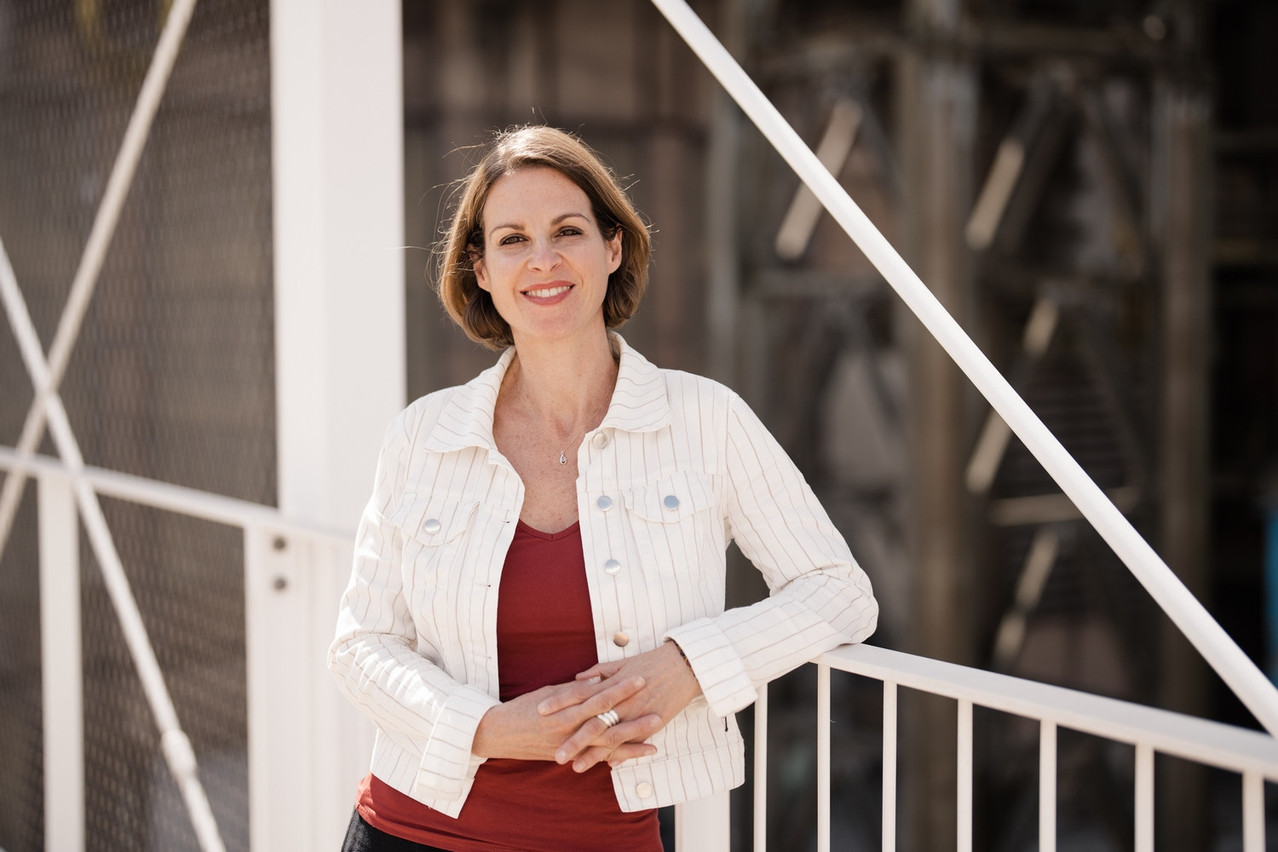Sustainable manufacturing is the future, but the immediate and long-term steps to be taken are not always obvious. The organised by from 6 to 9 June 2023 provides a panoramic view of production processes. The aim is to highlight strategic areas where digitalisation and smart technologies can improve sustainable practices in manufacturing.
The presence of the Minister of the Economy Franz Fayot at the opening of this event shows the importance of these topics on a national scale.
“Companies can address environmental and economic challenges while innovating to maintain their competitiveness”, explains Caroline Muller, Manager of the Luxembourg Materials and Manufacturing Cluster at Luxinnovation. “The Smart Manufacturing Week fosters the innovative thinking, knowledge-sharing, and partnerships required for a sustainable transition in industry.”
Around 45 speakers and business executives will discuss sustainability in manufacturing from diverse business perspectives: human and resource management, sustainable procurement and sourcing strategies, infrastructure, governance, production... High-level technical sessions will allow to deepen topics as varied as product traceability for the circular economy, the optimisation of manufacturing processes at each stage of production or green hydrogen as a catalyst for the energy transition.
A hands-on approach to sustainability
Throughout the four days, speakers will share best practices and be available for more in-depth presentations, seminars, B2B sessions and exhibitions. Four Luxembourg companies (Fanuc, IEE, Gradel Lighweight and Avery Dennison) as well as the centre dedicated to sustainable composite technologies and materials at LIST (the SCMM) will welcome industrial visitors in their premises. This will be an opportunity to show them, in situ, concrete achievements in improving the carbon footprint and the best ways to introduce more sustainability and intelligence into production processes.
“We also reserved a day for the construction sector, as it is one of the most significant sectors in Luxembourg. It is a heterogeneous market, with different trades and company sizes. It has, in fact, a strong potential to stimulate sustainability and digital maturity of its actors, thanks to innovative tools. This allows them to improve their processes and profitability, while reducing their environmental impact”, adds Charles-Albert Florentin, Cluster Manager - CleanTech at Luxinnovation, the coordinator of this special day.
Spotlight on sustainability enablers
The event will also be an opportunity to highlight various funding and support mechanisms, such as the programme and environmental state aid schemes designed to help companies reduce their environmental footprint. Accompanied by a Luxinnovation-accredited consultant, companies can benefit from subsidies granted by the Ministry of the Economy.
In Luxembourg, more than have already been identified by Luxinnovation, allowing companies to recognise and interact with a robust ecosystem that helps them achieve their sustainability goals.
“Digital technologies are essential tools to help companies in their environmental transition,” says Caroline Muller. “This edition of Smart Manufacturing Week represents an opportunity for all companies to take the plunge by implementing concrete and effective solutions in order to obtain returns on investment in the short or medium term. Our goal is to inform people about key trends and opportunities that affect manufacturing companies of all sizes and inspire them to innovate.”
As such, research activities play a very important role in the development of new technologies for the manufacturing sector, supported by financial solutions adapted to each situation. “Our role is to facilitate and promote connections between the different key players in the ecosystem.”
Companies are and will all be faced with sustainability issues. The increase in energy and raw material costs is an obvious example. Startups, SMEs, and large enterprises can all learn how small steps in the manufacturing process or changes in the value chain can have a significant positive impact on the environment, their productivity and revenue. “They don’t have to start from scratch; instead, they can learn from the testimonials and successful collaboration projects of their peers”, concludes Ms. Muller.
Click for more information and to .
